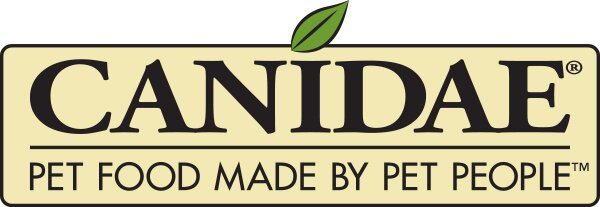The holiday season is here, and we’re gearing up for family gatherings that include an array of traditional Christmas foods, some of which are rich and fatty. Smells in the kitchen drift throughout the house enticing not only us, but our pets as well. One of the dangers of the holidays for our pets is having access to foods that can cause a serious and life-threatening condition – pancreatitis. As a responsible owner, you need to know the symptoms of pancreatitis so you can protect your pet during the holiday season and throughout the year.
The pancreas is a small, yet extremely vital organ in the body. This boomerang-shaped organ nestled between the stomach and small intestines is the source of insulin which controls levels of blood sugar. This is also the source of digestive enzymes which are essential for the absorption of nutrients. When the system is working normally, eating activates enzymes for proper digestion that are released into the small intestines.
However, sometimes these enzymes are activated in the pancreas instead of the small intestines, causing the organ to become inflamed. The reason why is something medical professionals are still trying to figure out. Serious or chronic pancreatitis can shut down normal production of the pancreas resulting in diabetes mellitus, which requires pet insulin shots to regulate the disease, or digestive enzyme replacement therapy if there is a deficiency of the exocrine enzymes in the pancreas. An inflamed pancreas also causes damage to other organs and tissue surrounding it, and sometimes begins to dissolve the tissue in the pancreas.
What Causes Pancreatitis?
This condition affects both dogs and cats, but our feline friends are better equipped to digest the rich, fatty foods that many of us have on our holiday menus. Veterinarians see an uptick in pancreatitis during the holiday season because pets have more access to food they shouldn’t eat. In fact, the day after Thanksgiving is one of the busiest of the year for vets treating pancreatitis emergencies.
Besides rich and fatty foods, other causes of pancreatitis include a hormone imbalance, certain medications, genetic defects in the metabolism of fat, a high-fat diet, especially in a dog who eats too much fatty food in one meal, pica, obesity, hypothyroidism, other endocrine diseases, diabetes mellitus and severe blunt force trauma. Sometimes the cause remains a mystery. In cats, eating a fatty diet usually isn’t what causes pancreatitis related issues.
Symptoms of Pancreatitis
Symptoms include repeated vomiting, abdominal pain which can be extremely painful, hunched back, a bloated look, signs of abdominal discomfort, lethargy, weakness, fever and loss of appetite. If your pet is showing only one symptom, monitor him carefully. But if you notice more than one symptom, call your vet immediately. The chances are high that a dog or cat will have recurring bouts of pancreatitis once he’s had one episode.
Pancreatitis can be a life-threatening condition, but it’s not always easy to diagnose because, like other medical conditions, it’s easy to mistake it for something less serious. This is not a medical condition you should try to treat with home remedies, though. Call your vet immediately to get a diagnosis and proper treatment.
It’s so tempting to give your pet a special treat from the holiday table. The best way to avoid a medical emergency, however, is to not give them any human food, especially rich fatty foods like meat trimmings or cookies. If you want to give your pet a holiday treat of their own, you can simply reward them with some extra CANIDAE treats. You can even put out a festive jar filled with your pet’s favorite treats and let your guests hand them out instead of people food.
A lot of human food is toxic for dogs and cats, as are certain spices. To avoid a trip to the emergency room over the holiday season or any time of the year, refrain from giving your pet people food, especially rich fatty foods. I know how difficult it can be to resist the begging eyes of a dog or cat, but it’s far easier than having to deal with a sick pet with a condition like pancreatitis, which can be extremely painful and life-threatening.
